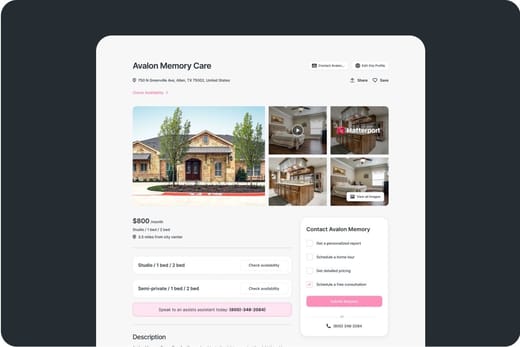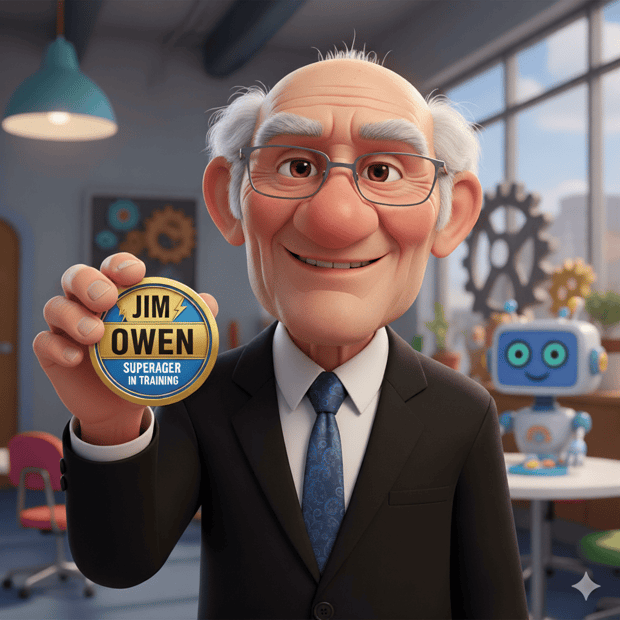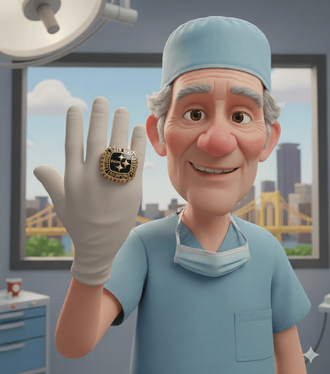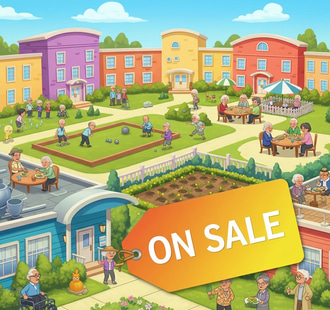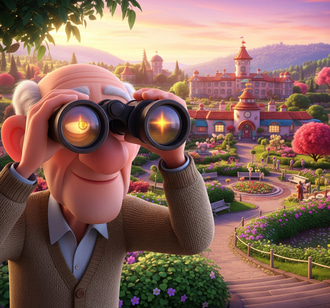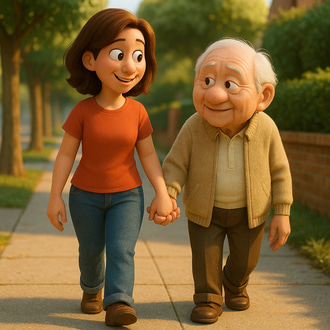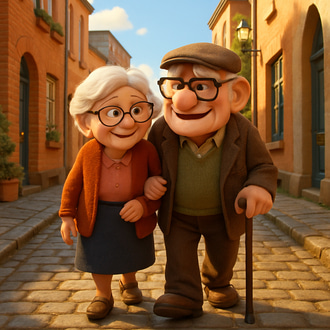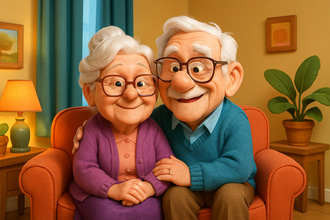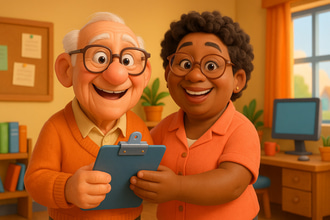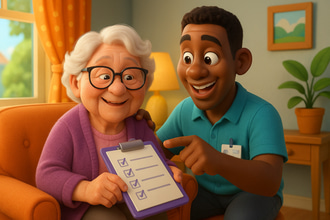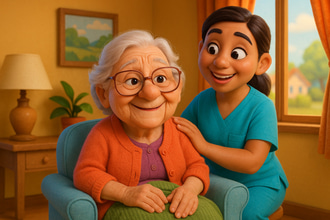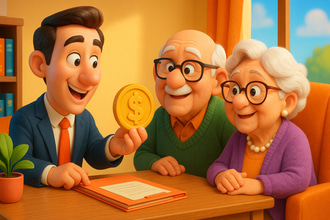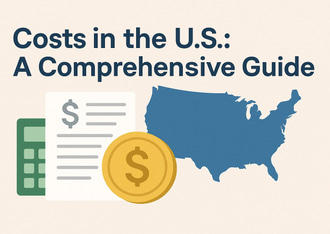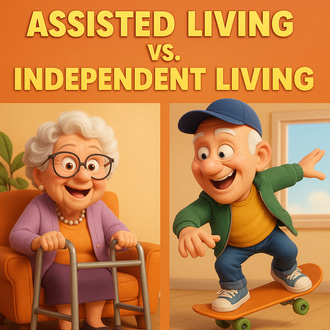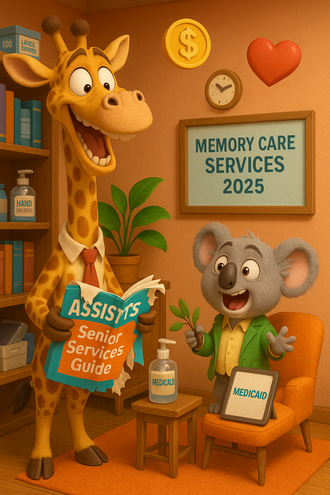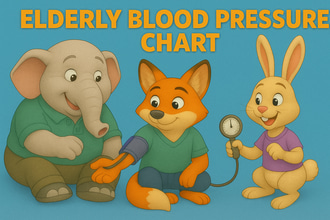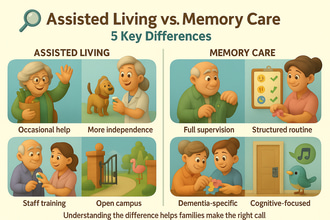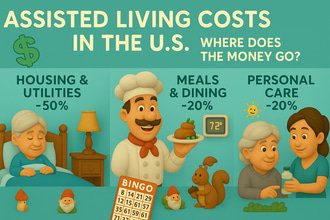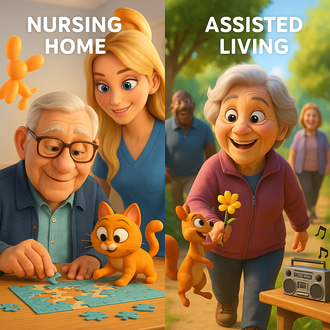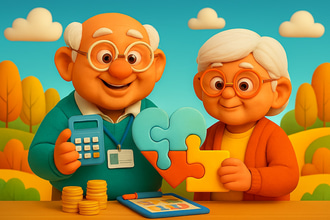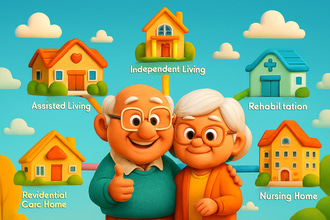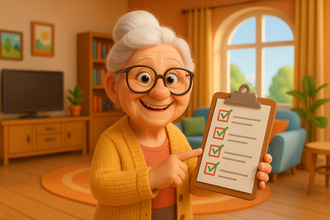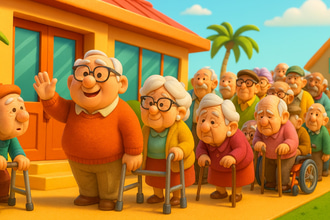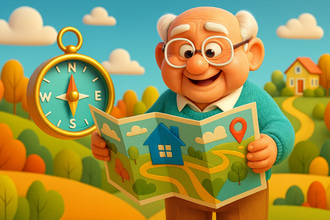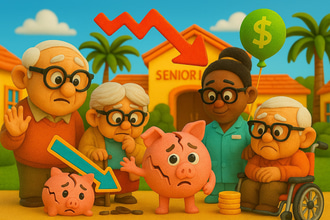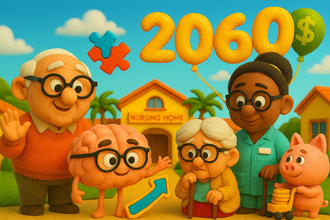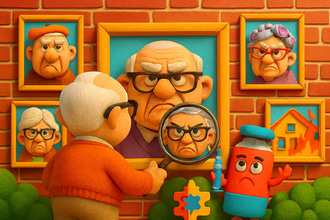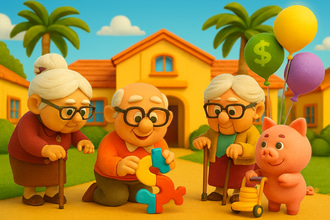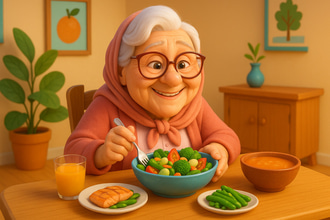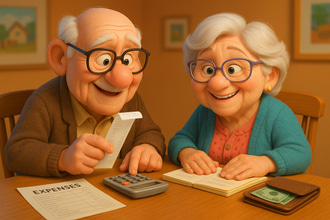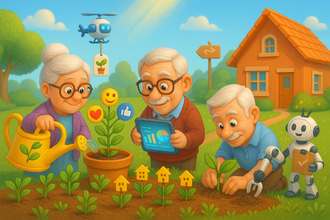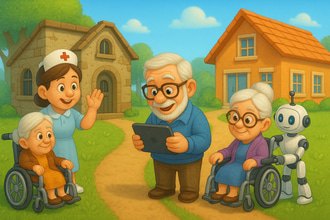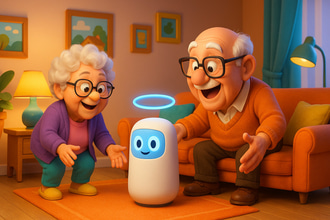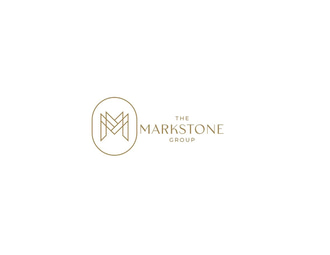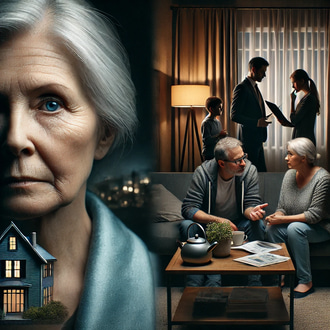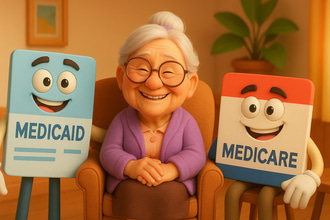At 85, bestselling author Jim Owen—whose book Just Move and documentary The Art of Aging Well have inspired thousands—doesn’t measure success by years lived, but by how fully he’s lived them. A former Wall Street executive turned filmmaker and longevity advocate, Owen has shed 35 pounds, eliminated chronic back pain, and now works out six days a week, all while shaping his life around three core pillars: mindset over genes, functional movement over drills, and purpose-driven living over passive aging. His message: you’re not a victim of your DNA—it’s never too late to start, train smart, and win at life.
From Wall Street to Wellness
Owen’s story begins at age 70. Overweight, dealing with chronic back pain, and short on energy, he came across a Harvard Medical School statistic: those who reach 70 can expect to live another 15 years on average. “I didn’t want to spend those years in decline,” he told Clerc. So, he made a decision to change course. A decade and a half later, Owen is 35 pounds lighter, pain-free, and still exercising six days a week.
But as Owen emphasized, the real transformation wasn’t physical—it was mental. “Being a superager is 90% mindset,” he said. “It’s not about chasing youth or perfection. It’s about seeing life as an adventure, staying curious, and choosing to live well.”
Defining a Superager
Owen coined the term “superager” after observing older adults in his San Diego community who looked and moved decades younger than their peers. He’s quick to clarify that a superager isn’t defined by flawless health or genetics. “You’re not a victim of your DNA,” he insists. “Being a superager is a lifestyle choice. It’s about discipline, accountability, and having a plan.”
That plan, for Owen, centers on what he calls “functional fitness”—training not for vanity, but for vitality. His daily workouts are designed to support the movements of everyday life: bending, lifting, walking, and staying pain-free. Yet he’s equally committed to exercising the mind and spirit through gratitude, humor, and meaningful relationships.
The Mindset of ‘Winning at Life’
When Clerc asked what “winning at life” means to him, Owen’s answer was simple—and profoundly human. “It’s not about money or being a big shot. It’s about being a good husband, father, and friend,” he said. Married to his wife, Stanya, for 58 years, Owen credits her for grounding his optimism with compassion and connection. The couple now work together producing documentary films, the latest centered on that very theme—Winning at Life.
Owen’s philosophy is built on character and generosity. Every day, he looks for small ways to make others smile—a door held open, a kind word, a moment of encouragement. “I compete against myself,” he said. “If I can make one person’s day a little better, I’ve done something worthwhile.”
Turning Setbacks into Strengths
Owen acknowledges that aging brings challenges. He’s had health issues, and he’s lost friends. But he refuses to let adversity define him. “Work on what you can control, and don’t sweat the rest,” he told Clerc. “If it’s going to be, it’s up to me.”
This focus on resilience echoes throughout his documentaries—especially The Art of Aging Well, which inspired one viewer with late-stage cancer to say the film helped them live their final days with no regrets. That feedback, Owen shared, “meant everything. It reminded me that what we do can make a real difference.”
Aging as an Adventure
What sets Owen apart is his refusal to see aging as decline. “I thought my best days were behind me at 70,” he said. “Now I know they’re still ahead.” For him, aging is an ongoing adventure—an opportunity to grow stronger, more grateful, and more connected. His advice for anyone looking to start? Begin small. “Try a 30-day walking challenge,” he suggests. “That’s how I started. At first, I could barely make it three blocks.”
Owen also believes humor is essential medicine. He fondly recalled a local “craft club” of older adults who joked about their forgetfulness as a sign of creative genius. “If you can laugh about it,” he said, “you’re already winning.”
A Message for Every Generation
For retirees, adult children, and those who serve the aging population, Owen’s story offers both inspiration and invitation. His life proves that it’s never too late to change course, never too late to find purpose, and never too late to redefine what aging can look like.
As Clerc noted at the close of their conversation, Owen’s story bridges generations—uniting those who seek meaning in retirement with professionals working to create communities that support purposeful living. “Aging well,” Owen concluded, “isn’t about years. It’s about how you use the time you have.”


